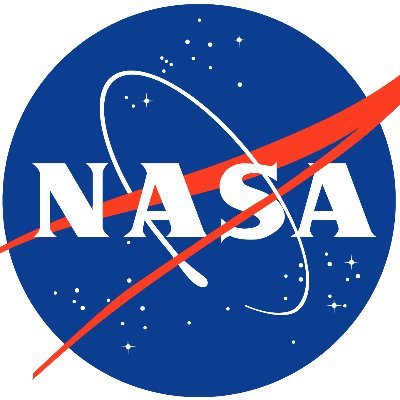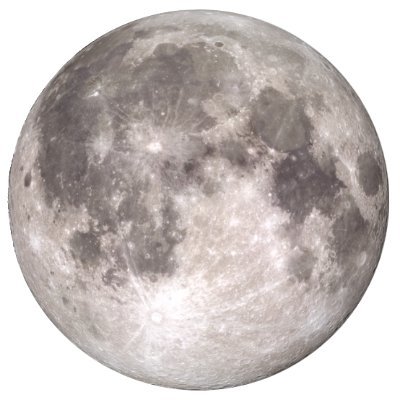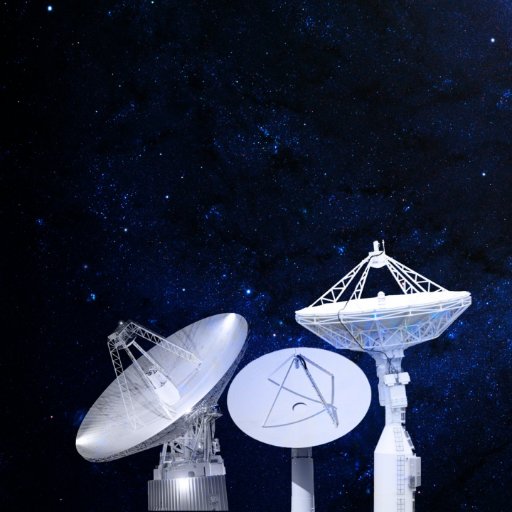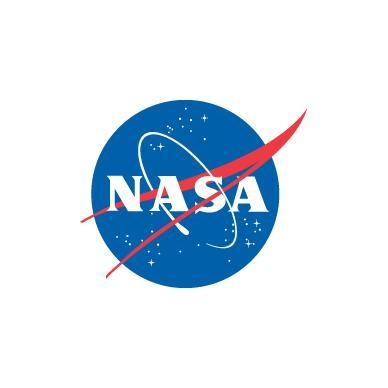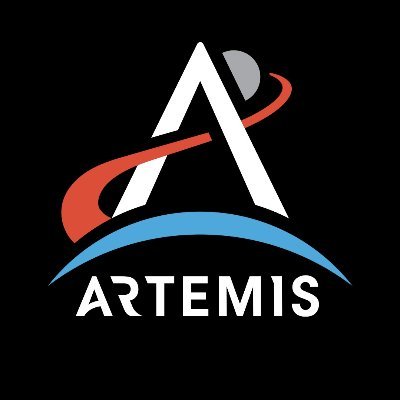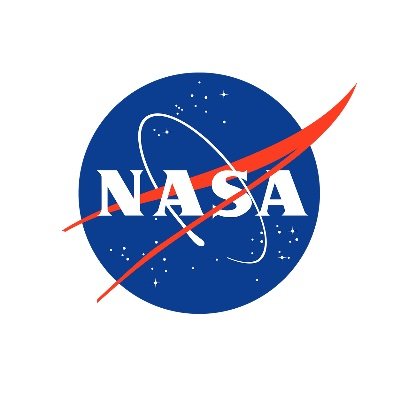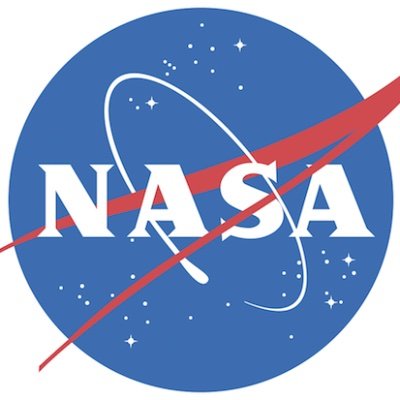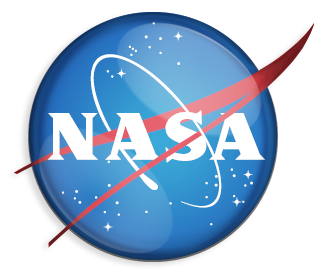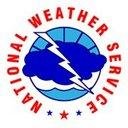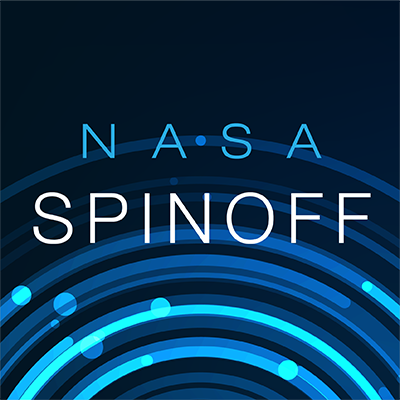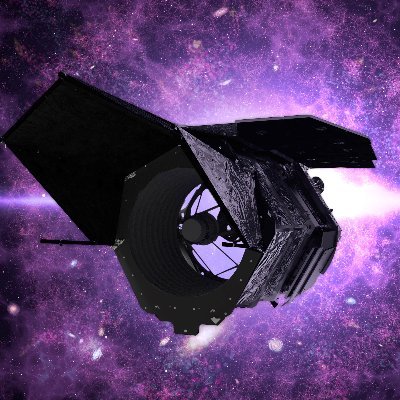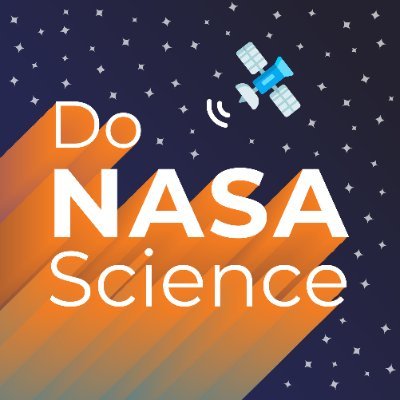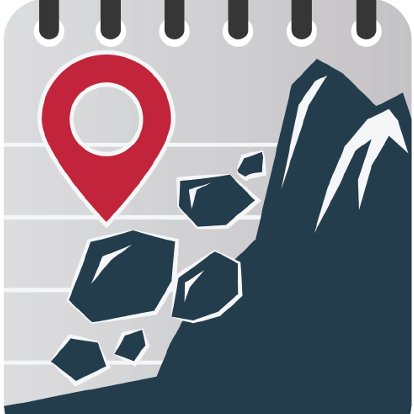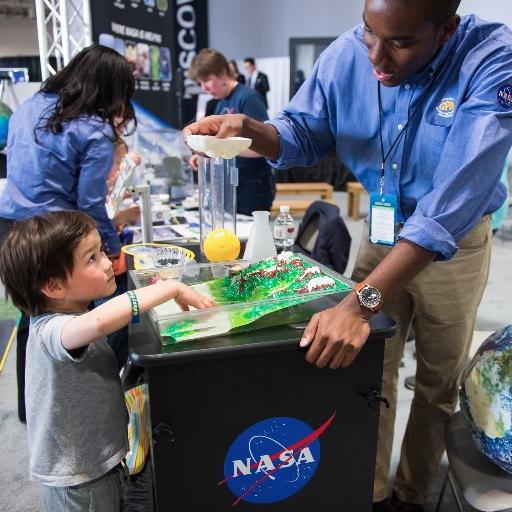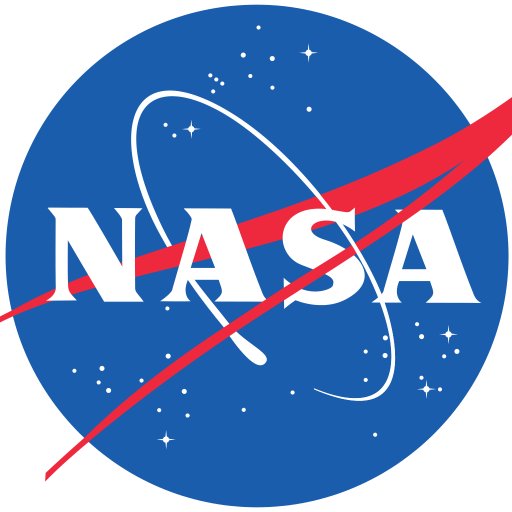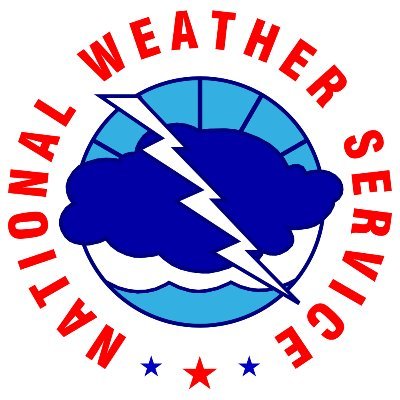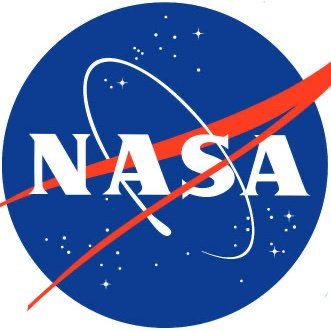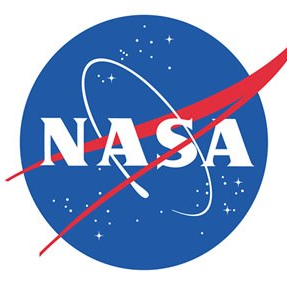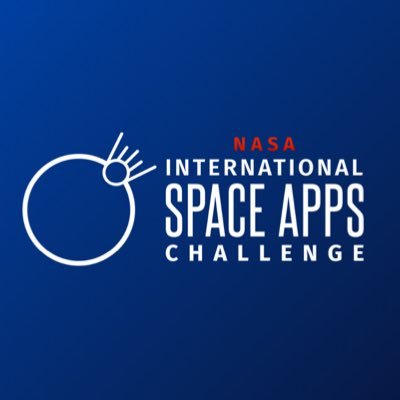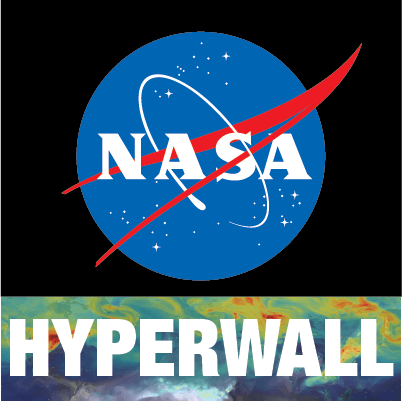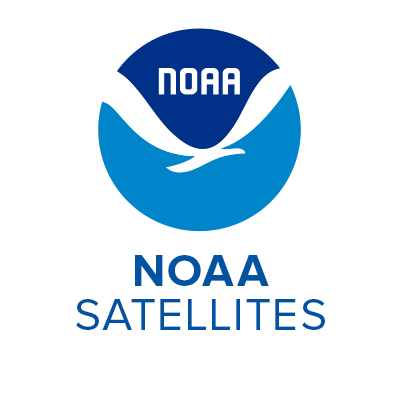
NCCS News
@NASA_NCCSNASA Center for Climate Simulation (NCCS) updates, events, & more. Contact us at 301-286-9120 or [email protected]. Verification: https://t.co/QuRfHz1K2A
Similar User

@NASAGISS

@NASA_eClips

@NASALaserComm

@NearSpaceNet

@NASA_Supercomp

@NASAIVV

@NASAglenn

@NASApeople

@NASAsolutions

@NASA_NAS

@NASA_APPEL

@NASAWallops

@NASAaero

@NASAPrize

@NASA_Landsat
What has NASA done for you lately? We've contributed more than $75 billion in economic output, supported over 300,000 jobs, and provided benefits to all 50 states (and the District of Columbia) in fiscal year 2023. Get the receipts: nasa.gov/value-of-nasa/

Did you know that some Earth-size exoplanets may have active volcanoes? Using a @NASA_NCCS supercomputer, @UCRiverside and @NASAGoddard scientists simulated massive volcanic eruptions to explore prospects for detecting volcanic signatures on exoEarths: go.nasa.gov/3Btmq85
During the "Summer of #AI" #NASAInterns across @NASAGoddard's Computational and Information Sciences and Technology Office grew their knowledge and #NASA capabilities by tackling AI and other technological challenges. Meet our interns: go.nasa.gov/3MpwQIk

Daily average global temperatures from MERRA-2 (a climate analysis that uses the best quality observations) are white (1980-2022), pink (2023), & red (2024 through June). Values from July 1-23 from GEOS-FP (a rapid near real-time weather analysis) are purple.

Our @NASA_NCCS Discover supercomputer hosted the MERRA-2 and GEOS-FP modeling systems used in making the global temperature analysis.
July 22, 2024 was the hottest day on record. Average global temperatures for July 21 & 23 also exceeded the previous record. The preliminary finding comes from @NASA atmospheric models that combine millions of land, sea, air & satellite observations. go.nasa.gov/3WHVZDW

Supercomputers — the fastest class of computers on Earth — run quadrillions of calculations per second for #NASA missions. At the #Olympics naturally we love the fastest humans on Earth, so we would run in the 100-meter dash!
Tomorrow, July 20, marks the 55th anniversary of the #Apollo11 landing, when humans walked on another world for the first time. Computational explorers have been studying the Moon using data from #NASA spacecraft and will continue that quest along with #Artemis astronauts.

Registration for the 2024 NASA #SpaceApps Challenge is open!🎉 Join innovators across the globe to tackle real-world challenges using @NASA & space-based data. Register & choose a Local Event: bit.ly/4d1hp46 Please give a warm welcome to our 15 Space Agency Partners⬇️

Happy 20th Anniversary, Aura satellite!
How many aura points do we gain for a satellite’s 20th birthday? This week, @NASA’s Aura satellite is celebrating 20 years of monitoring air quality, ozone, and more in Earth’s atmosphere. go.nasa.gov/4f93riw

Meet @NASAGoddard / @MorganStateU scientist Nikki Privé! She runs experiments on @NASA_NCCS's Discover supercomputer to evaluate proposed next-generation satellite instruments: go.nasa.gov/3RGSb2S

The last 12 months have each set record high temperatures for their respective month – an unprecedented streak, @nasagiss scientists say. The records are part of a long-term warming trend driven by human activities, especially greenhouse gas emissions. go.nasa.gov/3VlKSyx
Among the most devastating events in nature are Bay of Bengal tropical cyclones like Nargis. @NASA and university scientists investigate a previously overlooked factor in their formation with NASA High-End Computing (@NASA_Supercomp): go.nasa.gov/42Myn2l

Today we put the PACE in space! The newest @NASAEarth observing satellite launched on Feb. 8 at 1:33am ET (0633 UTC). It will study ocean health, air quality and climate change: go.nasa.gov/42yV8Xv
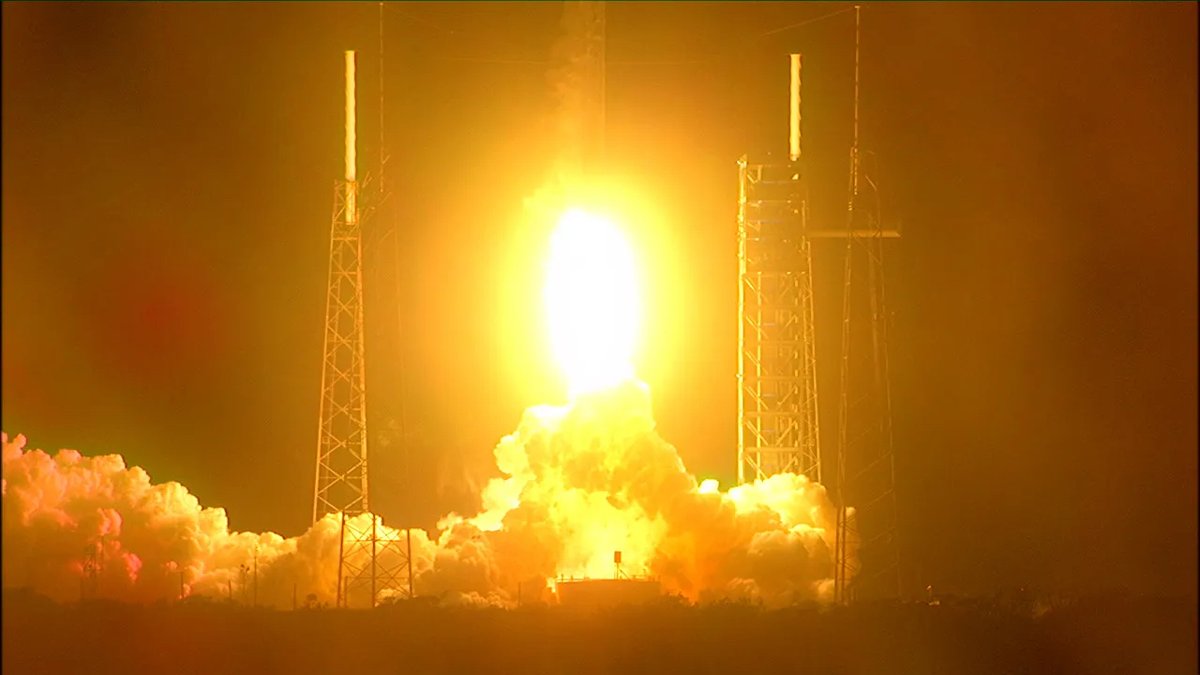
Today is our annual Day of Remembrance. #NASARemembers the crews of Apollo 1, space shuttles Challenger and Columbia, and all members of the NASA family who lost their lives while furthering the cause of exploration and discovery. nasa.gov/DoR
Read about Summer 2023 @NASA_NCCS interns at: go.nasa.gov/3vcwAqJ
Spend your summer with @NASAInterns! Applications are open for Summer 2024 internships until Feb 2. Apply now: go.nasa.gov/3RSpwbS

We’re here at #AGU23! Join #NASA in the exhibit hall to explore over 100 ways we’re sharing our stories, talks, and science all week! #ThroughtheEyesofNASA

From floods and droughts to carbon uptake by forests to ocean currents and life, NASA simulations and analyses run at @NASA_NCCS and the NASA Science Managed Cloud Environment have deepened our understanding of Earth in 2023: go.nasa.gov/3Ndgaoc
.@NASAGoddard rocks @Supercomputing #SC23 in Denver! From a robotic mission concept to one of Saturn's Moons to the Earth Information Center to high-end and cloud computing projects, @NASA_NCCS and partners brought down the house with cool science demos! go.nasa.gov/480HLB7
Are you ready for #SC23? You can get a sneak peek at the #HPC-powered science & engineering we'll be highlighting in the NASA@SC23 exhibit next week: go.nasa.gov/3MAh5ic See you soon Denver!

Hiked in a boreal forest lately? 🌲🐅 Using a computer model, multi-observational datasets, and @NASA_NCCS supercomputing resources, 38 scientists mounted a global-scale #NASA_ABoVE study to estimate carbon uptake by Earth’s Arctic-boreal forests: go.nasa.gov/3PAtbIL

United States Trends
- 1. $MAYO 11,5 B posts
- 2. Tyson 416 B posts
- 3. Pence 48,2 B posts
- 4. Kash 80,8 B posts
- 5. Dora 23,2 B posts
- 6. Debbie 22,2 B posts
- 7. Mike Rogers 12,5 B posts
- 8. #LetsBONK 8.802 posts
- 9. Laken Riley 47,7 B posts
- 10. Gabrielle Union 1.196 posts
- 11. Ticketmaster 17,4 B posts
- 12. Iron Mike 17,5 B posts
- 13. Pirates 20,2 B posts
- 14. #FursuitFriday 16,1 B posts
- 15. Whoopi 68,9 B posts
- 16. Cenk 12,3 B posts
- 17. Fauci 183 B posts
- 18. National Energy Council 1.759 posts
- 19. The UK 453 B posts
- 20. The FBI 238 B posts
Who to follow
-
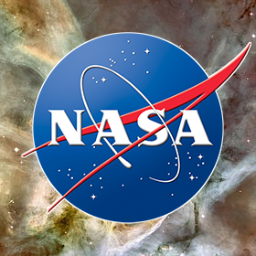 NASA GISS
NASA GISS
@NASAGISS -
 NASA eClips
NASA eClips
@NASA_eClips -
 NASA Laser Communications
NASA Laser Communications
@NASALaserComm -
 NASA's Near Space Network
NASA's Near Space Network
@NearSpaceNet -
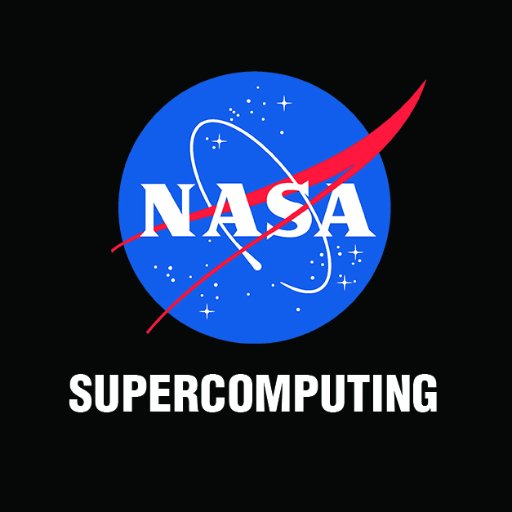 NASA Supercomputing
NASA Supercomputing
@NASA_Supercomp -
 NASA's IV&V Program
NASA's IV&V Program
@NASAIVV -
 NASA's Glenn Research Center
NASA's Glenn Research Center
@NASAglenn -
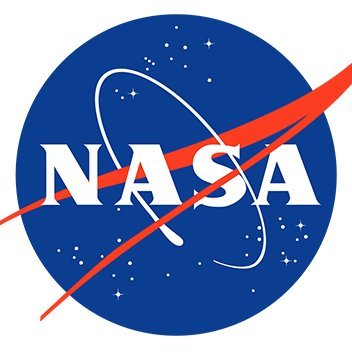 NASA People
NASA People
@NASApeople -
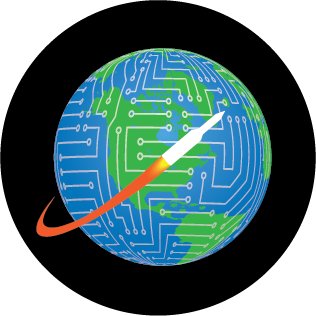 NASA Tech Transfer
NASA Tech Transfer
@NASAsolutions -
 NAS Supercomputing
NAS Supercomputing
@NASA_NAS -
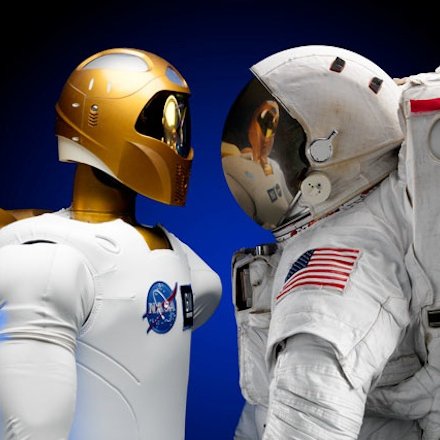 NASA APPEL Knowledge Services
NASA APPEL Knowledge Services
@NASA_APPEL -
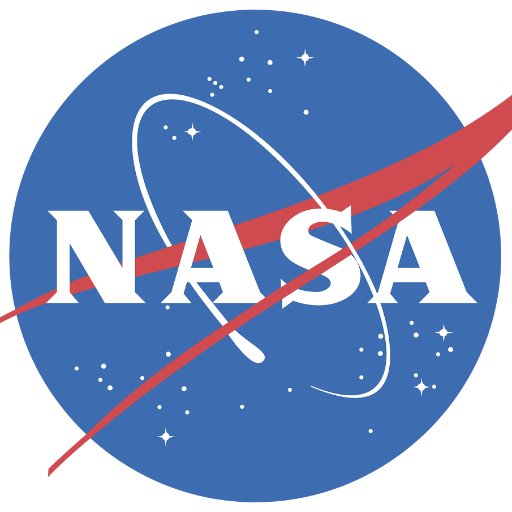 NASA Wallops
NASA Wallops
@NASAWallops -
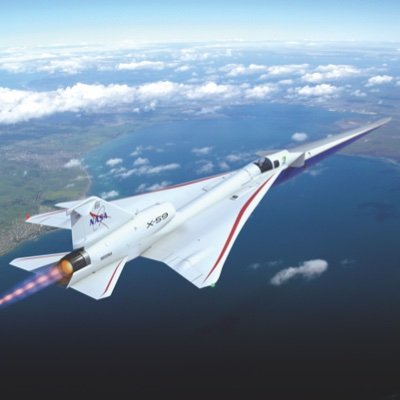 NASA Aeronautics
NASA Aeronautics
@NASAaero -
 NASA Prizes, Challenges, and Crowdsourcing
NASA Prizes, Challenges, and Crowdsourcing
@NASAPrize -
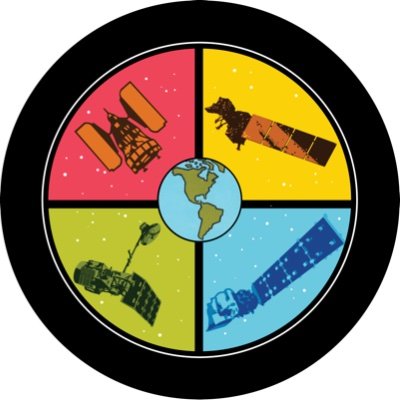 NASA Landsat
NASA Landsat
@NASA_Landsat
Something went wrong.
Something went wrong.








